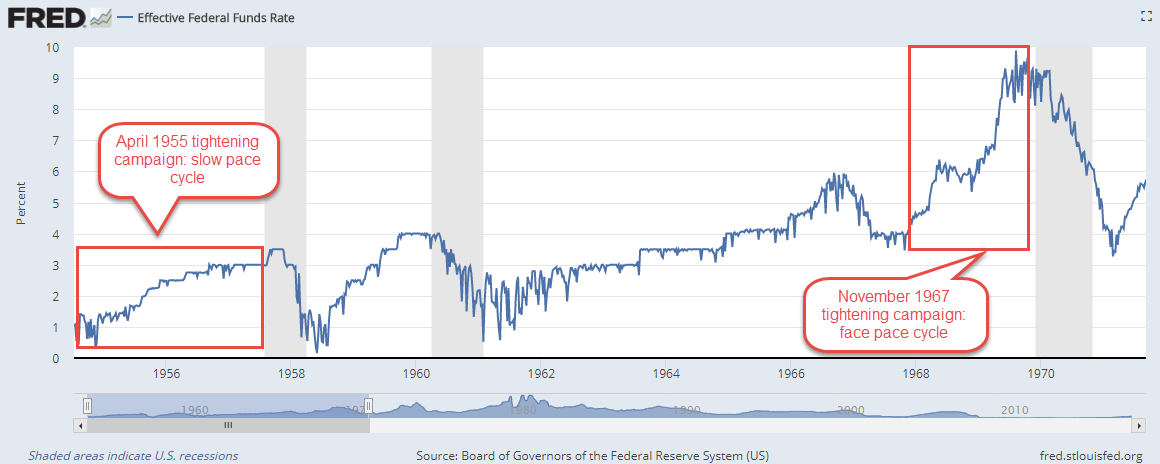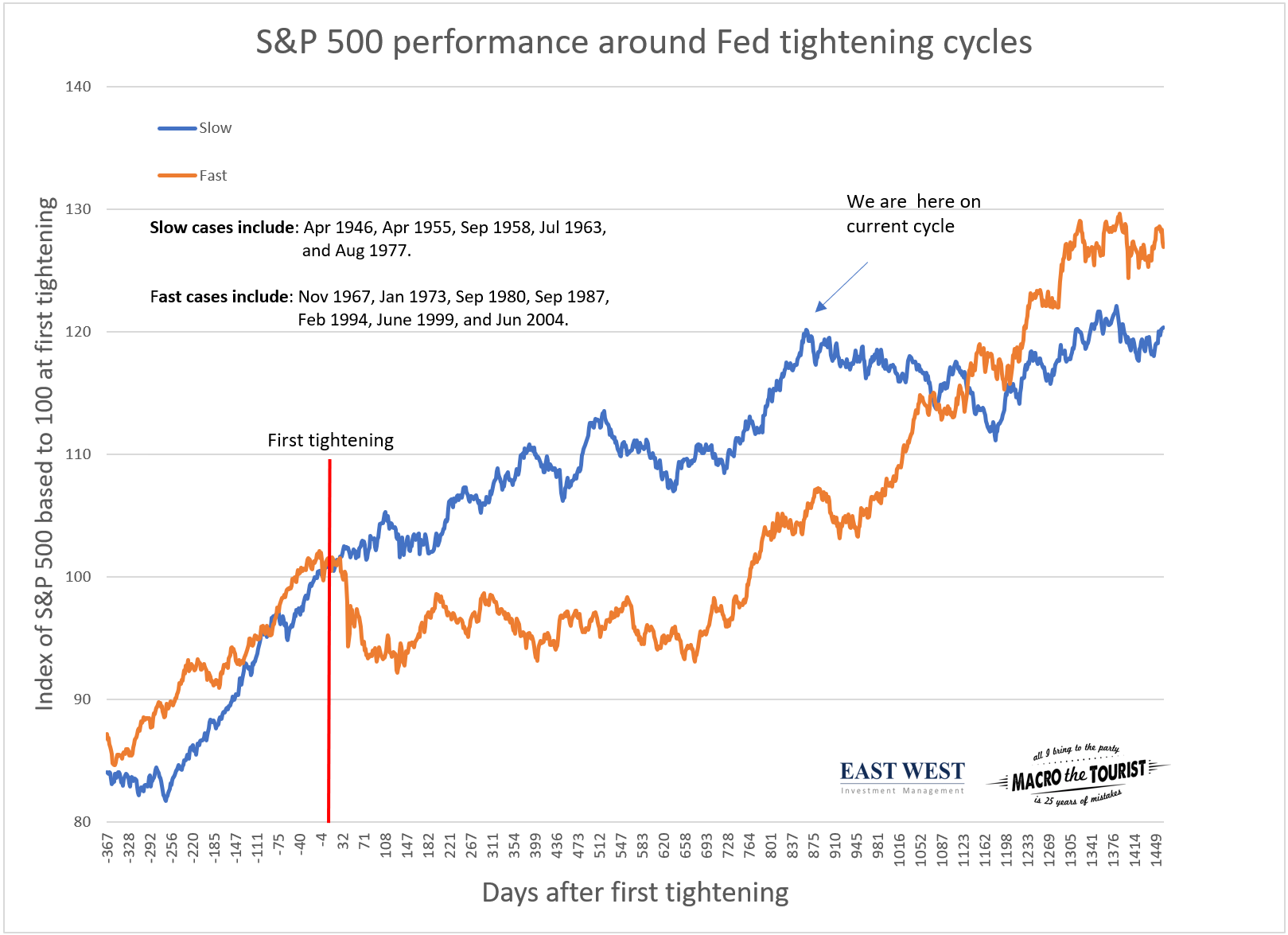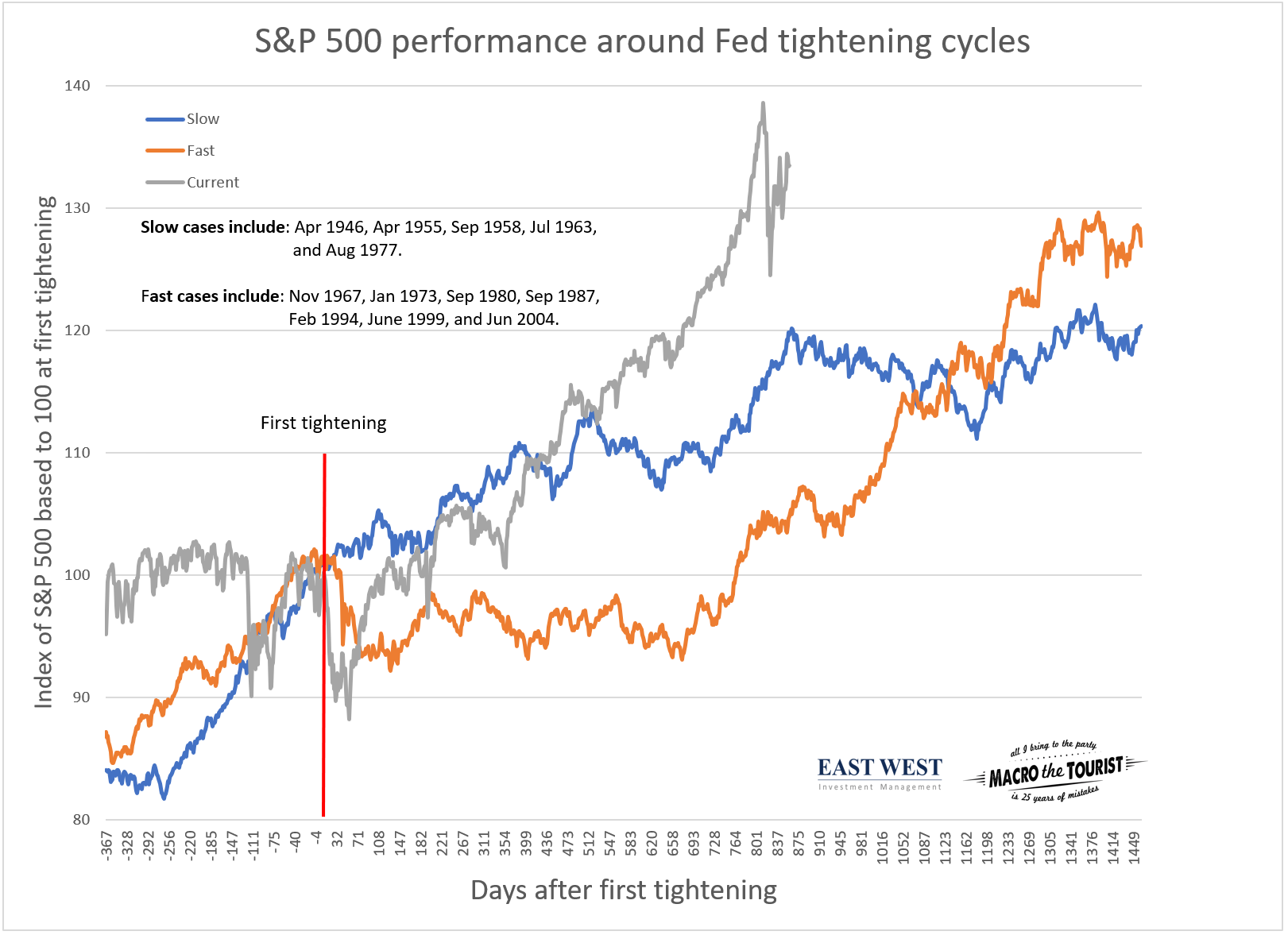Authored by Valentin Schmid via The Epoch Times,
The current trading system was never free; Trump’s tariffs merely change who gets what…
Anything President Donald Trump does usually provokes a backlash from the status quo. In early March, the focus is on trade, as Trump walked the walk and slapped import tariffs on steel, aluminum, washing machines, and solar panels not just from China but also other countries.
The backlash from popular media and the affected countries’ politicians blames Trump for ruining the beautiful “free trade” system built up around the World Trade Organization (WTO) and its predecessor the General Agreement on Tariffs and Trade (GATT).
As with anything Trump says or does, it’s important to step back and look at the bigger context he’s acting within.
Not Free
The first big-picture news flash is that neither the WTO nor the GATT was “free.” Free trade is trade without government intervention.
One country or industry may produce and export a lot of steel, but if it doesn’t get any subsidies and doesn’t have protective import tariffs, then it deserves to capture global market share because it’s the most competitive. It uses the locally given resources of labor and capital in the most productive way.
Another country may be the best in producing solar panels, making it the world leader in solar panels. The two countries can swap steel and solar panels and balance their trade, with each country doing what it does best.
If—and this is a big “if”—there is no government interference in the marketplace for money itself—in other words, if there is a global, sound money standard—then trade surpluses in one country would lead to money inflows and goods outflows, thus raising the price level and making exports naturally less competitive. In the deficit country, money would leave and goods would enter, lowering the price level and making its exports more competitive. Therefore, there would be no persistent deficits as we have seen with the United States and the rest of the world.
However, the WTO works according to a complex system of rules and penalties—opposite to being a system free of government intervention, it provides a framework for how governments can micromanage their trade. The mismanagement of global fiat currencies and floating exchange rates further exacerbate imbalances.
And every type of government intervention in the marketplace, whether via taxation or tariffs and import quotas, creates winners and losers. These winners and losers are different from a competitive system, where the best steel manufacturer who has the cleanest furnace, consuming the least electricity, makes the most sales.
Winners and Losers
Winners by the diktat of government intervention are often less competitive and therefore need the help of the state to survive. The Chinese steel industry as a whole only continues because of massive government subsidies in the form of cheap loans, direct transfers, and state-subsidized electricity.
American steel companies didn’t get the same help and therefore many had to fold. They were the losers in this exercise of “free trade,” as well as millions of American manufacturing workers who could not compete with cheap labor and massive state subsidies in China.
But there were also winners on the American side. Multinational corporations like General Motors Co. and Caterpillar Inc. benefited from either exporting to China or from being allowed to set up shop in China and starting production. This is especially the case for tech companies like Apple who through proxies, produce most of their tech gadgets in China, where average tariffs are as high as 10 percent, compared to the average 3.5 percent of the United States.
Another winner of this lopsided free trade is the U.S. government, which could sell a lot of its debt to China through the aforementioned manipulated system of fiat currencies and fixed exchange rates. But the average U.S. consumer also benefited from cheaper import prices for his thousands of electronic gadgets and other goods.
The list of winners and losers goes on and on and it’s different for every tariff, every regulation, and every manipulation of the fiat currency system.
Trump Focus
Coming back to Trump and his tariffs, it’s only natural he would want to change the configuration of winners and losers in an already deeply manipulated system. Trump is an economic nationalist, and his goal is to benefit U.S. industry and domestic employment. Every policy from immigration to regulation to taxation reflects this philosophy.
So by raising tariffs on select products, he is picking the domestic winners who should be able to expand production in the face of less international competition and hire more local workers.
In a truly free trade system, this would have long-term disadvantages, because American workers and companies would expand their effort on something that foreign companies and workers could do better.
However, in the current trade regime, it merely levels the playing field for domestic producers while at the same time making life more uncomfortable for not only the American companies operating in China, but also in Europe and Canada.
And it comes with all the unintended consequences any kind of government intervention carries, probably even higher prices for domestic consumer goods.
However, if the people complaining right now had been truly interested in free trade and not just in collecting their own spoils, they would have long ago called on China to lower their average tariff rates and the European Union to stop their massive subsidies for agricultural products.
Alas, for them, free trade is only a one-way street leading to the United States, and they’re unhappy that Trump just put up a massive stop sign.
via RSS http://ift.tt/2pg3P6Y Tyler Durden

 In a speech to Republican donors on Wednesday, President Donald Trump bragged about making up fake statistics during a meeting with the Canadian prime minister and argued that tariffs on imported steel would stimulate domestic car manufacturing despite mounting evidence that the exact opposite will happen.
In a speech to Republican donors on Wednesday, President Donald Trump bragged about making up fake statistics during a meeting with the Canadian prime minister and argued that tariffs on imported steel would stimulate domestic car manufacturing despite mounting evidence that the exact opposite will happen.




 Veronique de Rugy has hope for Trump’s newest economics adviser:
Veronique de Rugy has hope for Trump’s newest economics adviser:


 Donald Trump loves the ceremonial parts of his job, writes Steve Chapman, and his trip to California to inspect prototypes for a border wall was pure theater. He got to project toughness, point to something tangible, make big promises, and take credit—without actually accomplishing anything. He’s not a president; he’s a performance artist.
Donald Trump loves the ceremonial parts of his job, writes Steve Chapman, and his trip to California to inspect prototypes for a border wall was pure theater. He got to project toughness, point to something tangible, make big promises, and take credit—without actually accomplishing anything. He’s not a president; he’s a performance artist.



 Scott Israel, the embattled sheriff of Florida’s Broward County, won’t answer Congress’s questions about a collective failure to prevent the mass shooting at Marjory Stoneman Douglas High School in Parkland, Florida.
Scott Israel, the embattled sheriff of Florida’s Broward County, won’t answer Congress’s questions about a collective failure to prevent the mass shooting at Marjory Stoneman Douglas High School in Parkland, Florida.